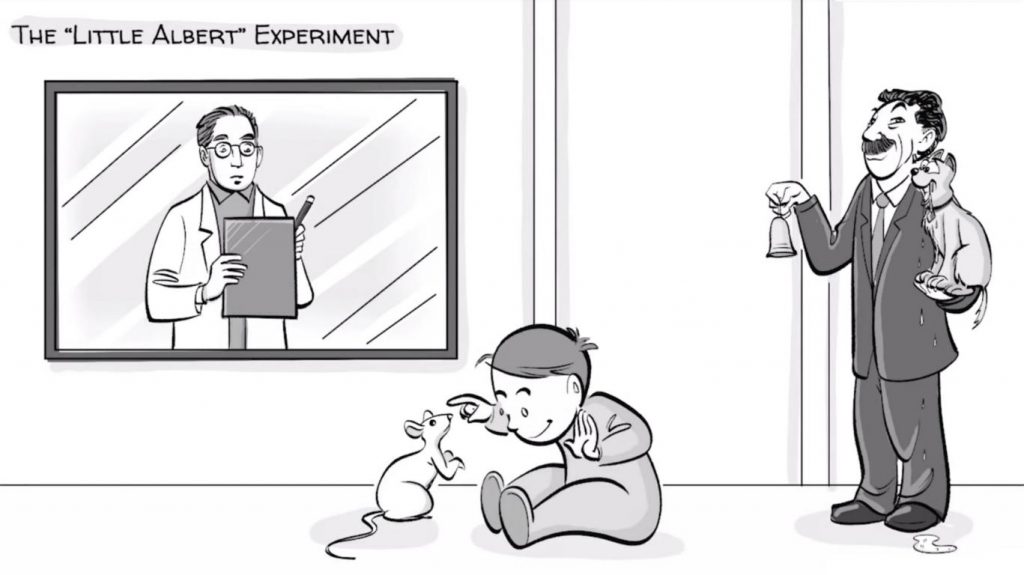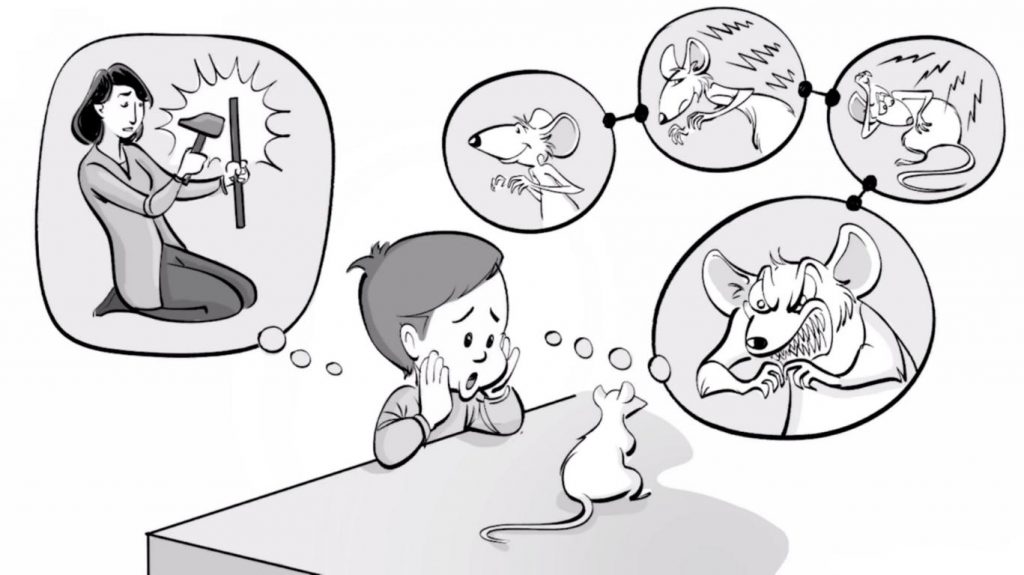Watson’s Theory of Behaviorism
J.B. Watson was an American psychologist best known for coding and popularizing a school of psychology called Behaviorism. Unlike the ‘original’ Freudian psychology which explored the unconscious, emotional, and other intangible concepts, Watson proposed that psychology should study observable behaviors measurable through the scientific method. He is best known for demonstrating this through the Little Albert experiment and the ‘dozen healthy infants quote’. His compelling theory however fell short of success in practice as Watson himself experienced. While Watson’s practice and legacy have been hotly debated for decades now, he remains among the most influential psychologists of the 20th century. Read on to see why!
John B. Watson famously claimed that if he were to be given a dozen healthy infants, he could shape them into anything; doctors, lawyers, artists, beggars, or thieves, regardless of their background or genetic predispositions. First, he completed experiments with 8-month old Albert, and later, he applied his theory when raising his own children. In essence, he applied the scientific method to human psychology which he called behaviorism.
With the ‘Little Albert’ experiment, Watson used the method of classical conditioning to program a baby to be afraid of a lab rat. Earlier, Pavlov demonstrated how conditioning can trigger biological responses that are inherited genetically. Watson hypothesized that we can also instill new behaviors that were not inherited.
To conduct the experiment, Watson and his assistant Rosalie Rayner, placed the boy in a room where a white rat was allowed to roam around. First, the boy showed no fear. Then, Rayner struck a steel bar with a hammer, every time Albert reached out to touch the rat, scaring Albert and causing him to cry. Eventually, Albert tried to get away from the rat, illustrating that he had been conditioned to fear the rat. Weeks later, Albert showed distress towards any furry object, showing that his conditioning had not only been sustained but also generalized.
Watson assumed that our behavior is either a reflex evoked by a stimulus, or a consequence of our individual history of earlier exposure to reinforcements and punishments paired with our current motivational states and stimuli.
---------------------------------------------------------------------------------------------------------------------------
Sources:





No comments:
Post a Comment